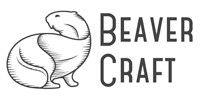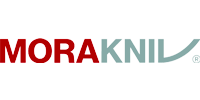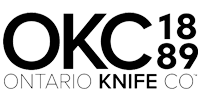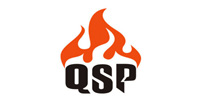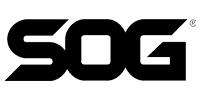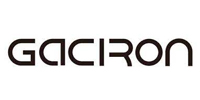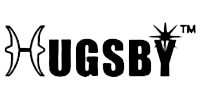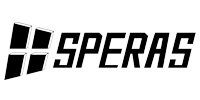A compass is a device for finding direction. There is a great variety of types which are related to use such as in large ships, aircraft, and sometimes to determine true north as opposed to magnetic north. (Magnetic North is the north pole of earth’s magnetic field, while True North is the geographic north pole.) All our compasses are calibrated for use in the Southern Hemisphere and carry the prefix MS for Magnetic South. The most popular type of compasses, all of which are featured below, is the magnetic compass. It shows magnetic north by using a magnetised pointer set in a fluid which dampens its movement so that it can be read easily. Before you buy a compass, you need to be clear about what you want to use it for, and therefore what the features are that it should have.
Compasses
-
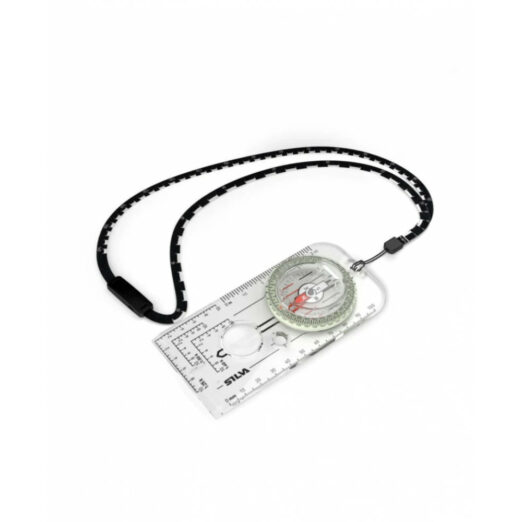 Add to cart
Add to cartSilva Compass 55-6400/360 MS
Sale! Original price was: $309.95.$269.95Current price is: $269.95.In stock
1 left in stock. -
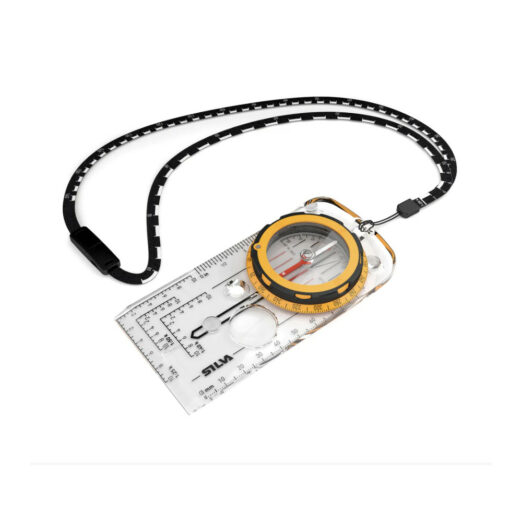 Add to cart
Add to cartSilva Compass Expedition MS
Sale! Original price was: $104.95.$94.95Current price is: $94.95.In stock
1 left in stock. -
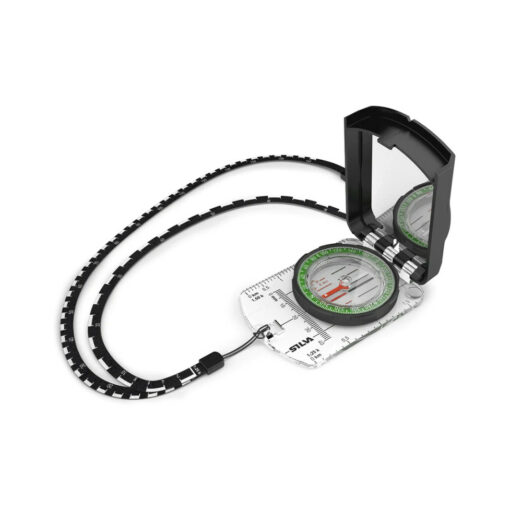 Add to cart
Add to cartSilva Compass Ranger S MS
Sale! Original price was: $99.95.$89.95Current price is: $89.95.In stock
2 left in stock. -
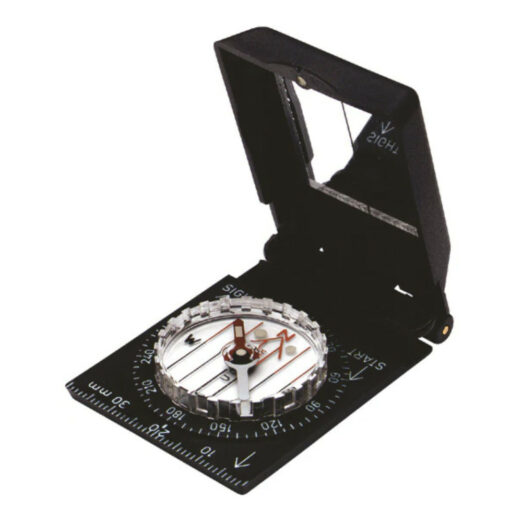 Add to cart
Add to cartSilva Compass Ranger SL MS
Sale! Original price was: $79.95.$69.95Current price is: $69.95.In stock
2 left in stock. -
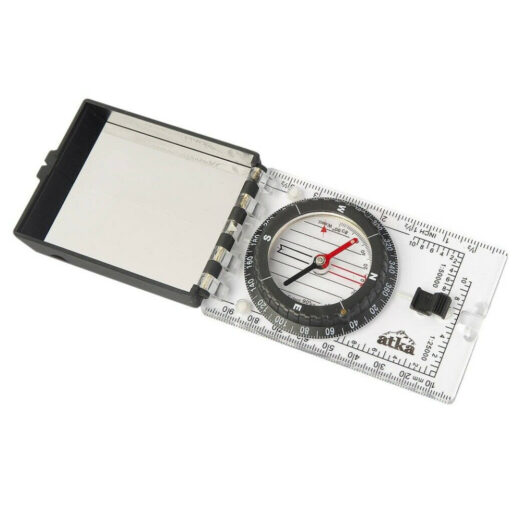 Add to cart
Add to cartAtka AC20 Professional Folding Compass
Sale! Original price was: $22.95.$19.95Current price is: $19.95.In stock
1 left in stock. -
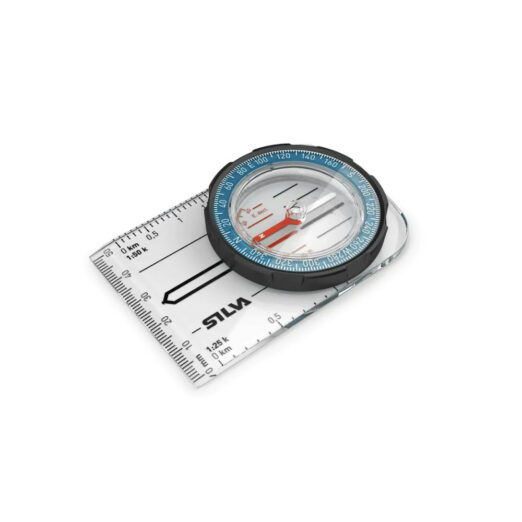 Add to cart
Add to cartSilva Compass Field MS
Sale! Original price was: $44.95.$39.95Current price is: $39.95.In stock
3 left in stock. -
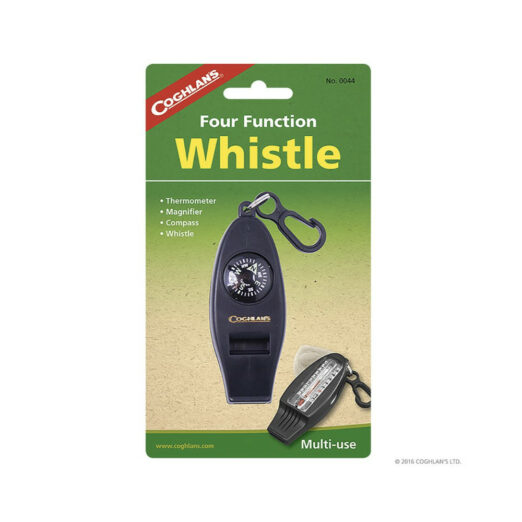 Add to cart
Add to cartCoghlan’s Four Function Whistle
Sale! Original price was: $19.94.$14.95Current price is: $14.95.In stock
2 left in stock. -
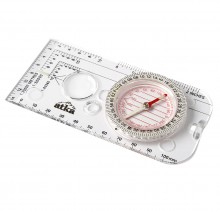 Add to cart
Add to cartATKA AC50 Orienteering Compass
Sale! Original price was: $21.95.$19.95Current price is: $19.95.In stock
1 left in stock. -
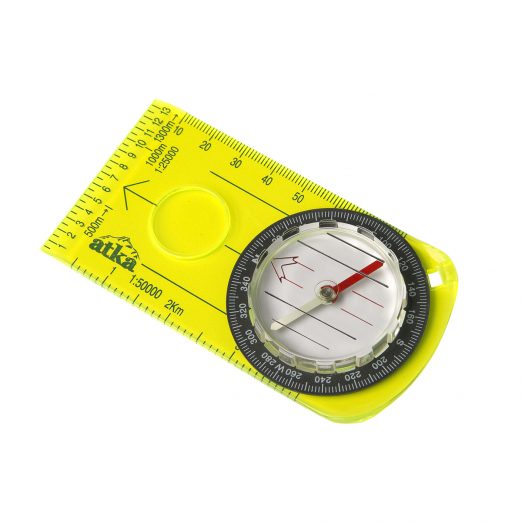 Add to cart
Add to cartAtka AC60 Baseplate Compass
Sale! Original price was: $15.95.$13.95Current price is: $13.95.In stock
1 left in stock. -
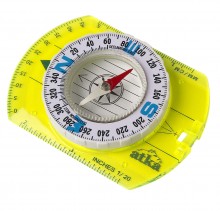 Add to cart
Add to cartAtka AC80 Baseplate Compass
Sale! Original price was: $18.95.$17.95Current price is: $17.95.In stock
1 left in stock. -
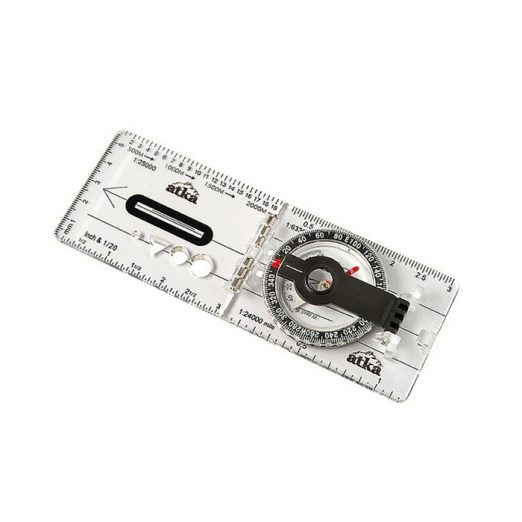 Add to cart
Add to cartAtka AC90 Folding Compass
Sale! Original price was: $17.95.$15.95Current price is: $15.95.In stock
1 left in stock.
A compass is a navigational instrument that shows direction relative to the Earth’s magnetic poles. It consists of a magnetized needle that can align itself with the Earth’s magnetic field and rotate freely on a pivot point. The needle is usually marked with cardinal points such as north, south, east and west, allowing users to determine their direction of travel. Compasses are commonly used in outdoor activities such as hiking, camping and navigation at sea.
A compass is primarily used for navigation purposes. It helps users determine their direction of travel with respect to the Earth’s magnetic field, allowing them to stay on course and reach their destination with accuracy. Compasses are commonly used in outdoor activities such as hiking, camping, and orienteering. They are also used by sailors and pilots to navigate at sea or in the air. In addition, compasses can be used for surveying, mapping, and geological exploration. Some people also use compasses as a tool for feng shui or as a decorative item.
A compass is used by a variety of people for different purposes. Some common users of a compass include:
-
Hikers and campers – who use a compass to navigate through trails and forests.
-
Sailors and pilots – who use a compass as part of their navigation instruments to guide them through the sea or air.
-
Orienteers – who use a compass and a map to navigate through terrain while racing.
-
Military – who use a compass as an integral part of their navigation equipment.
-
Surveyors and cartographers – who use a compass to measure angles and directions for mapping and surveying purposes.
-
Geologists and archeologists – who use a compass to determine the direction of geological formations and to locate archaeological sites.
-
Outdoor enthusiasts and adventurers – who use a compass as a backup navigation tool in case other devices fail.
-
Feng shui practitioners – who use a compass to determine the favorable orientation of buildings and furniture according to the principles of feng shui.

